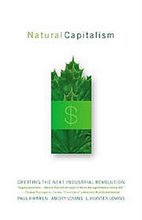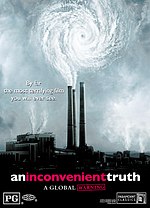
fact: americans throw away 25 percent more trash between thanksgiving and christmas than during any other time of year which is an additional million tons of garbage per week!
so you can call me ho ho humbug, but i am again going the anti-consumer route for the holidays. i am over the stresses of traveling at this time of year, of running around malls, of swimming in miles of to-do lists and sales hype not to mention debt. i prefer to slow down and sip my vegan egg-nog while grasping onto the bits of sanity that i have left.
last year i celebrated christmas in the beautiful redrocks of nevada which was far more nurturing than being in a congested airport or a spiritless mall. this year i will be staying warm in el lay. i am not planning to buy any presents except for a copy of an inconvenient truth for my parents. the presents that i am making for my closest loved ones are personalized and straight from the heart. they will arrive wrapped in used magazines and newspapers.
for those of you looking to put more meaning into your holidays, treehugger has put together an extensive green gift guide. i also recommend the holiday survival guide from the center for a new american dream. if you are traveling to loved ones, consider offsetting your flight through conservation international.
the dunn county news published these questions to ask yourself as a conscious consumer at the holidays, and year-round (via the worsted witch)
• Where was this product made? What alternatives might there be locally?
• Is this really something the receiver needs or is it just something to give and forget?
• What impact did the production of this product have on the environment? Look back at the sustainable principles. Were fossil fuels wasted in production or distribution? Were people taken advantage of to produce this product, as in third-world countries? Is this product a result of environmentally sustainable practices or is it something that will never decompose or be recycled or repaired?
• Who is reaping the benefit of the sale of this product … a multi-national corporation or a worker receiving fair compensation and the ability to earn a living?
• How far did this product have to travel to make it to your doorstep? What were the energy costs in getting it to you?
The article ends with something many of us can appreciate: “The most sustainable gift of all is to give of ourselves. Make time to be with those you care about, and make time for those who may be alone. Volunteer locally. Create coupons for time to spend together. These are the best, least expensive, and most sustainable items possible.”
word.






No comments:
Post a Comment